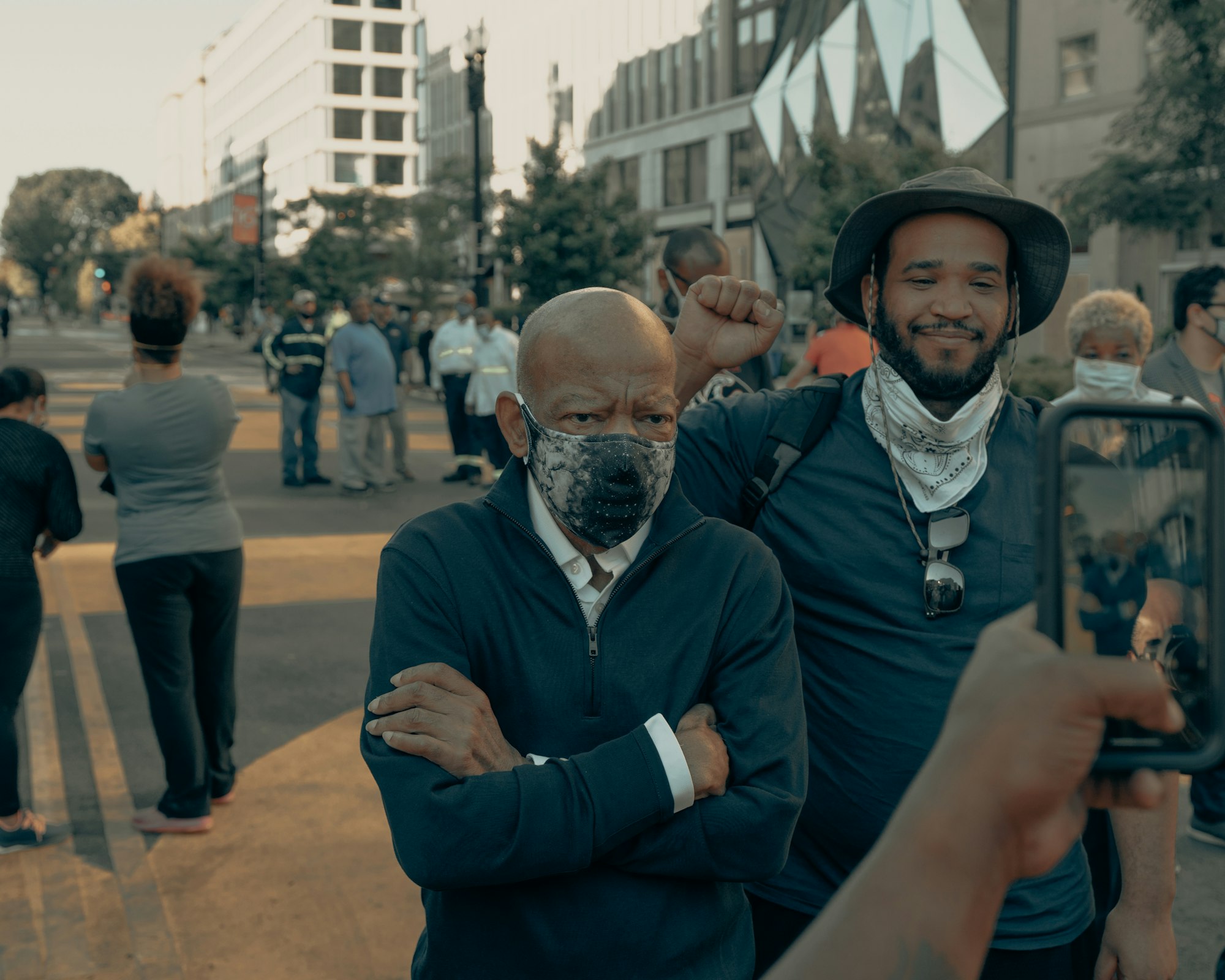The Two Approaches to Patience
Should we be patient or impatient about social change?

I’ve been thinking about the idea of patience recently.
Patience as an obstacle: On one hand, I resonate with what John Lewis once said about patience being a “dirty and nasty word.” He said, “we do not want our freedom gradually” because patience was invoked to slow civil rights progress. Radical change has often faced headwinds that masquerade as exhortations to be patient, but I’m curious if the events of 2020 have influenced our appreciation of impatience and the possibilities that come when we dare to believe that necessary change doesn’t need to be waited on. Our brains are being rewired with new code about the pace of change: what was once perceived as impossible has quickly become inevitable. At Uncharted, our new focus on finding, funding, and accelerating radical solutions is born out of a swelling impatience with so much of the nibbling-around-the-edges and busy work that defines the social sector.
Patience as critical: On the other hand, at times I find our collective impatience to be a symptom of our vanity and obsession to see immediate results. For example, the behavior of investors and philanthropic funders who apply pressure to see quick wins, fast growth, and transformational change is forcing social ventures to contort themselves into producing results that might be distracting or counterproductive to the long-term change they seek. Our impatience for results makes us shortsighted about what true change requires, and this, in its own way, is our self-created headwind. One of the biggest drivers of an organization’s design is the impatience for its results. I’ve been asking myself this question: if the impatience of results didn’t deform organizations, how might they be designed? How might they look different?
To reference John Lewis again, are we okay with the pace of “good trouble?” Somewhere in the nuance between impatience and patience, between audacious goals and early wins, there is a reverence for the work itself: the time it takes, the unrelenting focus on the ultimate goal, and the multi-generational faith that the real work carries forward before us, beyond us, without us.
